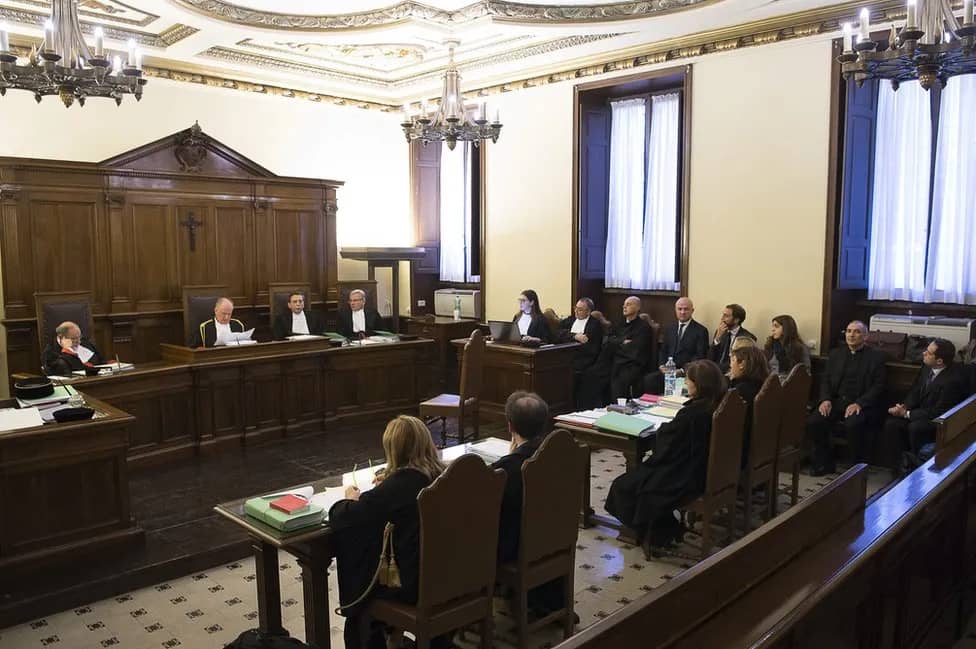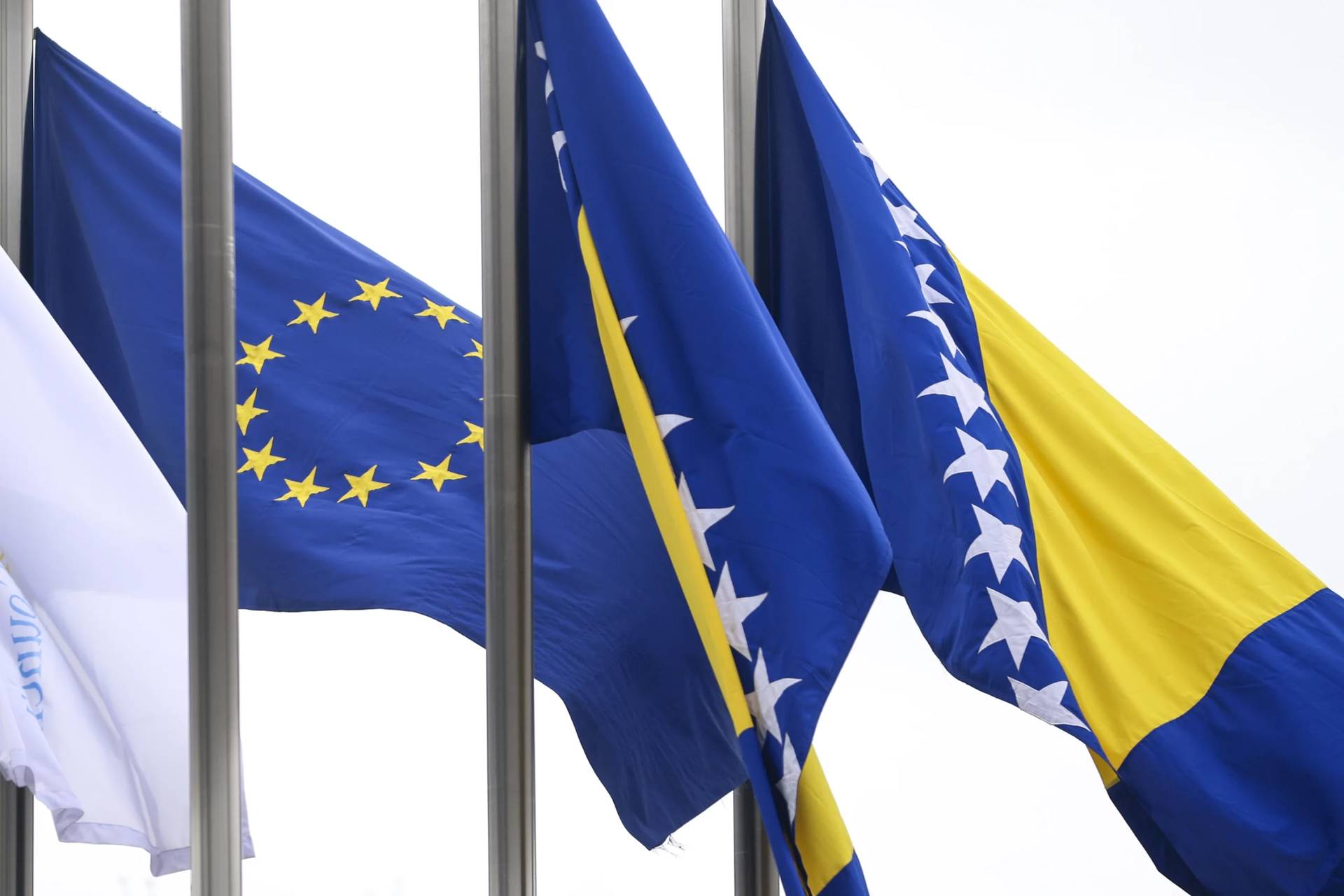Pope Francis told a gathering of world leaders which was scheduled to include U.S. President Donald Trump that the world “cannot remain silent in the face of the suffering of millions of people whose dignity is wounded, nor can we continue to move forward as if the spread of poverty and injustice has no cause.”
The pope’s message was read by Ghanaian Cardinal Peter Turkson during the opening session of the World Economic Forum, a four-day gathering of over 3,000 of the world’s political and business elite which takes place each year in Davos, Switzerland.
The pontiff’s words came as the U.S. government shutdown cast doubts on whether President Donald Trump would be able to attend the meeting.
Other leaders scheduled to attend include King Abdullah II of Jordan; Prime Minister Benjamin Netanyahu of Israel; Prime Minister Narendra Modi of India; Chancellor Angela Merkel of Germany; Prime Minister Paolo Gentiloni of Italy; President Emmanuel Macron of France; Prime Minister Theresa May of the United Kingdom; and Jean-Claude Juncker, President of the European Commission.
In addition, leading CEOs and even international celebrities such as Cate Blanchett and Elton John will attend.
In many ways, the Davos meeting is the antithesis of the World Meeting of Popular Movements – which brings together the poor farmers, workers, and social activists – promoted by Francis since he was elected to the papacy.
Yet the pope has tried to engage the so-called “Davos Man,” and has sent high-level delegations to Switzerland for the meetings. Last year, the Vatican’s Secretary of State, Italian Cardinal Pietro Parolin, delivered a message from Francis, and also participated in one of the sessions on Vatican diplomacy.
Turkson serves as the Prefect of the Vatican’s Dicastery for Integral Human Development, and this year was the first invited speaker at the event.
This year, the theme of the event is Creating a Shared Future in a Fractured World, and the pontiff urged the participants to “seek better foundations for building inclusive, just and supportive societies, capable of restoring dignity to those who live with great uncertainty and who are unable to dream of a better world.”
Francis warned that at the level of global governance, there is a growing fragmentation between governments and other institutions.
“New actors are emerging, as well as new economic competition and regional trade agreements. Even the most recent technologies are transforming economic models and the globalized world itself, which, conditioned by private interests and an ambition for profit at all costs, seem to favor further fragmentation and individualism, rather than to facilitate approaches that are more inclusive,” the pope said.
He said financial instability is presenting new problems and serious challenges: The growth of unemployment, the increase in poverty, the widening of the socio-economic gap, and new forms of slavery, often rooted in situations of conflict, migration and various social problems.
“In this context, it is vital to safeguard the dignity of the human person, in particular by offering to all people real opportunities for integral human development and by implementing economic policies that favor the family,” the pope said.
He warned about the dangers posed by technological advances – such as artificial intelligence and robotics – which he said must be employed in such a way that “they contribute to the service of humanity and to the protection of our common home, rather than to the contrary, as some assessments unfortunately foresee.”
“We cannot remain silent in the face of the suffering of millions of people whose dignity is wounded, nor can we continue to move forward as if the spread of poverty and injustice has no cause. It is a moral imperative, a responsibility that involves everyone, to create the right conditions to allow each person to live in a dignified manner,” Francis said.
“By rejecting a ‘throwaway’ culture and a mentality of indifference, the entrepreneurial world has enormous potential to effect substantial change by increasing the quality of productivity, creating new jobs, respecting labor laws, fighting against public and private corruption and promoting social justice, together with the fair and equitable sharing of profits,” he continued.
Francis said there is “a grave responsibility” to use discernment when making decisions which will shape the world for future generations.
“If we want a more secure future, one that encourages the prosperity of all, then it is necessary to keep the compass continually oriented towards ‘true North,’ represented by authentic values. Now is the time to take courageous and bold steps for our beloved planet. This is the right moment to put into action our responsibility to contribute to the development of humanity,” the pope said.

















